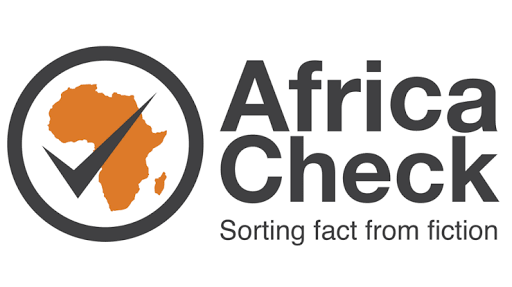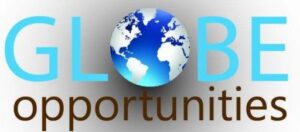
Deadline: July 22nd, 2020 midnight GMT
Entries are now open for the seventh annual African Fact-Checking Awards, the only awards programme that honours journalism by Africa-based media in the expanding field of fact-checking.
The awards continue to grow. In 2019, we received a total of 153 entries from more than 20 countries – from Ethiopia, Nigeria and Senegal to Egypt, South Africa and Zimbabwe. In the inaugural year, 2014, we received entries from about 40 journalists across 10 countries.
Across the globe, the Covid-19 pandemic has ushered a flood of dangerous false information. The World Health Organization says the outbreak has been accompanied by the so-called infodemic: “an overabundance of information – some accurate and some not – that makes it hard for people to find trustworthy sources and reliable guidance when they need it”.
The pandemic has raised the stakes even higher in the fight against misinformation, requiring that the media play an even more active role in sifting the facts from the fiction.
“With health-related decisions sometimes being a matter of life or death, good fact-checking journalism is vital – now more than ever. The quality of information disseminated in public can determine the life outcomes of many and so it is the responsibility of the media to refrain from being conduits of misinformation,” says Noko Makgato, executive director at Africa Check.
“Each year we are seeing growing interest in fact-checking as evidenced by the number of organisations that have emerged focusing their efforts on debunking harmful claims in different parts of the continent. This, we believe, strengthens the quality of public debate and, hopefully, improves the quality of life across the continent.”
As a result of the growing interest in fact-checking on the continent, Africa Check is expecting an increase in the quantity and quality of entries in 2020.
This year’s categories include:
- Fact-Check of the Year by a Working Journalist
- Fact-Check of the Year by a Student Journalist
- One runner-up in each of the two categories above
Entries must have been first published or broadcast on any date from 1 August 2019 to 22 July 2020.
They should have exposed a claim on an important topic made by a public figure or institution in Africa as misleading or wrong.
Prizes:
- The winner of the award for best fact-checking report by a working journalist will get a prize of $3,000, while the runner-up will be awarded $1,500.
- The winner of the award for best fact-checking report by a student journalist will get a prize of $2,000, and the runner-up $1,000.
Criteria:
-
Best fact-checking report by a working journalist
To be eligible, the entry must be an original piece of fact-checking journalism first published or broadcast on any date from 1 August 2019 to 22 July 2020, by a media- or independent fact-checking organisation based in Africa.
The work may be published in print or online, broadcast on the radio or television or published in a blog. Reports published by Africa Check are not eligible for the competition.
-
Best fact-checking report by a student journalist
To be eligible, the candidate must have attended a journalism school in Africa at some period between 1 August 2019 and 22 July 2020 and be younger than 35.
The entry must be an original piece of fact-checking journalism, produced as course work or first published or broadcast on any date from 1 August 2019 to 22 July 2020, in a blog, student publication or by a media- or independent fact-checking organisation based in Africa.
The work may be published in print or online, broadcast on the radio or television or published in a blog. Reports published by Africa Check are not eligible for the competition.
Candidates can only enter for the awards in one category per year, but can submit more than one report if they choose.
The judging process:
The entries will be judged on the following four criteria:
- The significance for wider society of the claim investigated
- How the claim was tested against the available evidence
- How well the piece presented the evidence for and against the claim
- The impact that the publication had on public debate on the topic.
Note:
- The shortlist will be unveiled in September 2020


